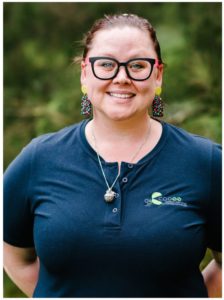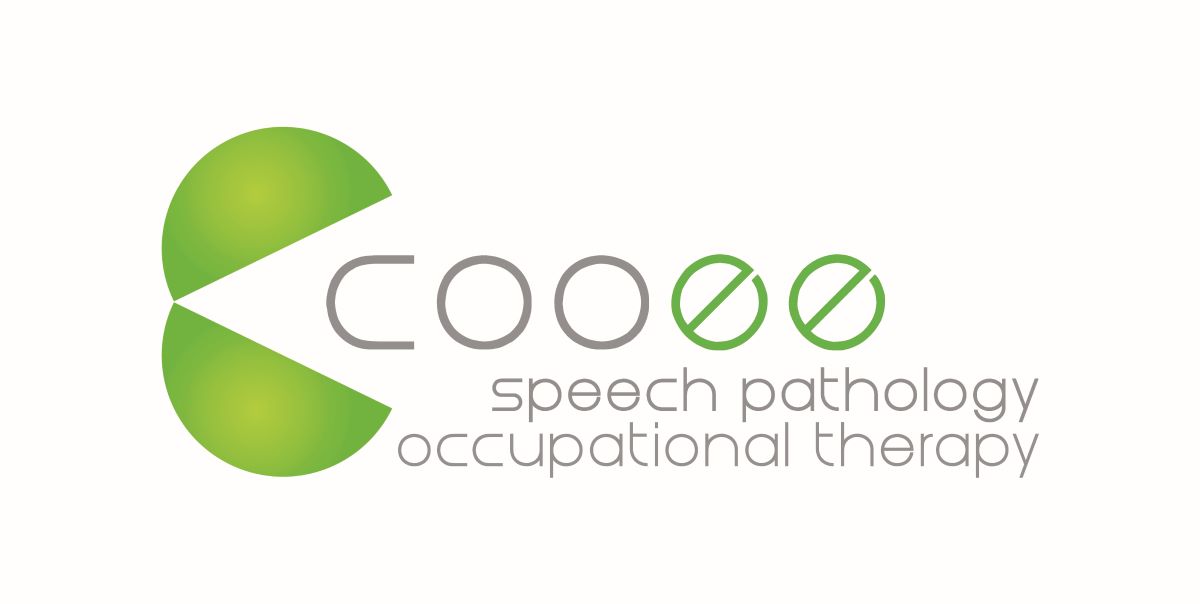Neurodiverse-affirming Practice: A Clinician’s Reflection
Written by Libby Hall, Certified Practicing Speech Pathologist & Clinical Lead at Cooee.

As a supervisor of Speech Pathologists at Cooee, I am striving to always further my own clinical learning and trends within the therapy sector. Recently, my colleague, Emma, and I attended a fantastic workshop on the Gold Coast focusing on neurodiverse affirming practice.
Whilst the term ‘Neurodiversity’ and idea has been around for the last 10 years or so, it has started to gain traction in Australia in recent years.
The purpose of neurodiverse affirming practice is to celebrate all individual differences of neurodivergent people.
This is mainly focused on the Autistic and ADHD population at the moment, but can encompass a whole range of neurodivergent people.
What this practice aims to achieve is to not change or alter an individual’s way of living and engaging in their world and environments but to see what support and adjustments they may need to advocate and engage in whatever way suits the individual.
This challenges a lot of therapeutic interventions that we are exposed to during training and also some interventions that are still practised today. Listening to lived experiences of neurodivergent individuals and reading their experiences shows that traditional therapy models can be highly traumatising and encourage more masking behaviours.
As we aim to encompass more neurodiverse affirming practices here at Cooee, we want to celebrate and understand each person who comes on a therapeutic journey individually and also educate the neurotypical population about how they can alter their own communication and interaction in order to be more accepting and supportive of individual differences.
This past week, I’ve had a focus and opportunity to review our social communication assessments and how we complete these as a team. Part of this process has been to identify how we can make assessments and create neurodiverse affirming profiles without causing undue stress.
There is no ‘magic formula’ that can be applied as a blanket protocol for all individuals that walk through the door. This review has led to fantastic discussions and experiences as a team around what we can do to make our data gathering enjoyable and meaningful for all of those involved.

Leaning into neurodiverse affirming practice is a process and at Cooee, we are wanting to create structures, systems and an overall environment that is welcoming and supportive of our clients, team and community. Providing services in the private sector is an ongoing learning journey and always will be.
Libby Hall
